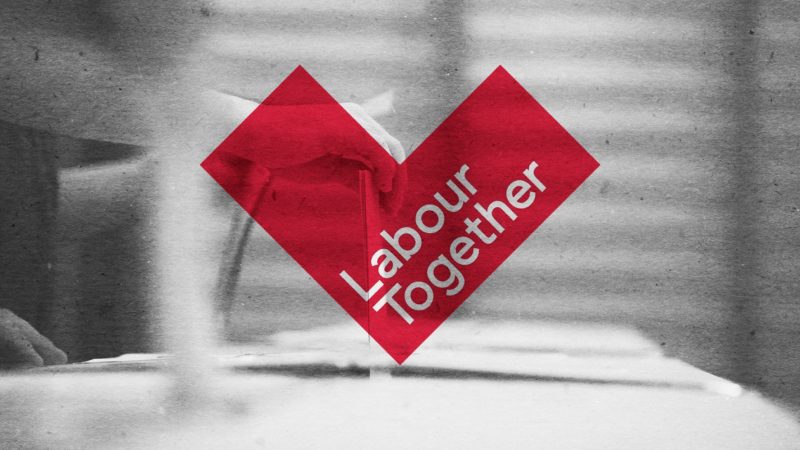
The government has officially given up on its coronavirus tracing app in yet another embarrassing U-turn that anyone paying attention will have spotted miles away. Experts repeatedly warned that Apple and Google would not change their systems at the request of Matt Hancock, and the Health Secretary has now belatedly come to terms with that reality. Jon Ashworth’s latest LabourList Covid-19 update is withering in its assessment of the development. And in other news, after an interview with Preet Kaur Gill MP, we can exclusively reveal that Labour is set to keep its shadow international development team and pledge to re-establish the department.
But the main Labour story of the day is the publication of Labour Together’s 2019 general election review. This huge piece of work was jointly commissioned by LabourList, and I joined Ed Miliband, Shabana Mahmood, Manuel Cortes and many others to be a commissioner. The project started back in December, and we have been meeting regularly since then – including virtually during the coronavirus crisis – to discuss the report and contribute to it. The final report is comprehensive: 140 pages long, it looks in detail at the defeat last year, the campaign itself and finally the way forward. It brings together tons of original research and analysis.
It can be torturously difficult to have these conversations in the Labour Party. Frankly, every time I tweet, send a morning email or publish an article, I brace myself for a backlash that might leave me shaken for the rest of the week. Critical engagement is brilliant, but too often the products of hard work in the party are unfairly received in bad faith. The reception for this review so far is really encouraging, however: it has been welcomed by the leadership, Momentum, Progress and many in between. I think that shows that the review has succeeded in proving that it was not conceived with a factional agenda but instead with a determination to offer an honest analysis of what went wrong and dozens of genuinely helpful recommendations.
The Tories turned out more non-voters than Labour did, the review finds. Labour lost all types of voters everywhere, apart from in London, compared with 2017. It was a terrible defeat. And it can be put down to concerns over the leadership, Brexit position and the manifesto not being seen as deliverable, but also its roots stretch back over the last two decades. The key conclusion here is that a new leader and Brexit being ‘done’ will not solve these problems: the party desperately needs an overhaul of its strategy, organisation and campaigning infrastructure. The report’s findings on the results, the ground and online campaigns, the digital operation and the internal divisions constitute more than enough evidence for that.
The review isn’t all doom and gloom. It doesn’t shy away from spelling out the scale of the challenge: Labour would need to increase its number of MPs by 60%, which would be unprecedented, to win a majority of one. Yet it also makes lots of interesting and positive interventions – from setting out a political strategy that could build a broad enough coalition of voters to coming out strongly in favour of community organising; from establishing how to open up Labour’s digital tools to suggesting concrete ways of improving the relationship between the party and members.
Here is my initial write-up, here you can read the whole thing (which is very much worth doing), and there will be lots more comment and analysis on LabourList in the coming days. You can even discuss the report with commissioners on Monday evening by signing up here. Enjoy.
Sign up to LabourList’s morning email for everything Labour, every weekday morning.



More from LabourList
‘Turning public services around: Haringey’s story of child protection’
‘Can Labour turn the green tide back to red?’
Tom Belger column: ‘Why is Labour making migrant exploitation easier?’